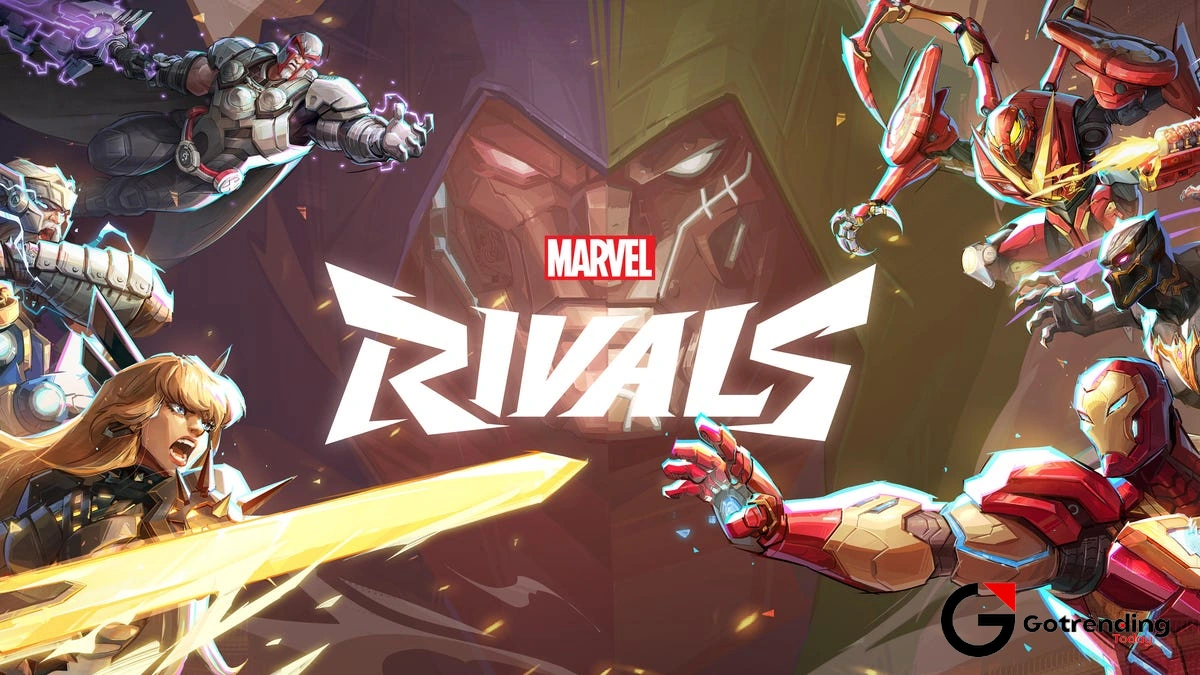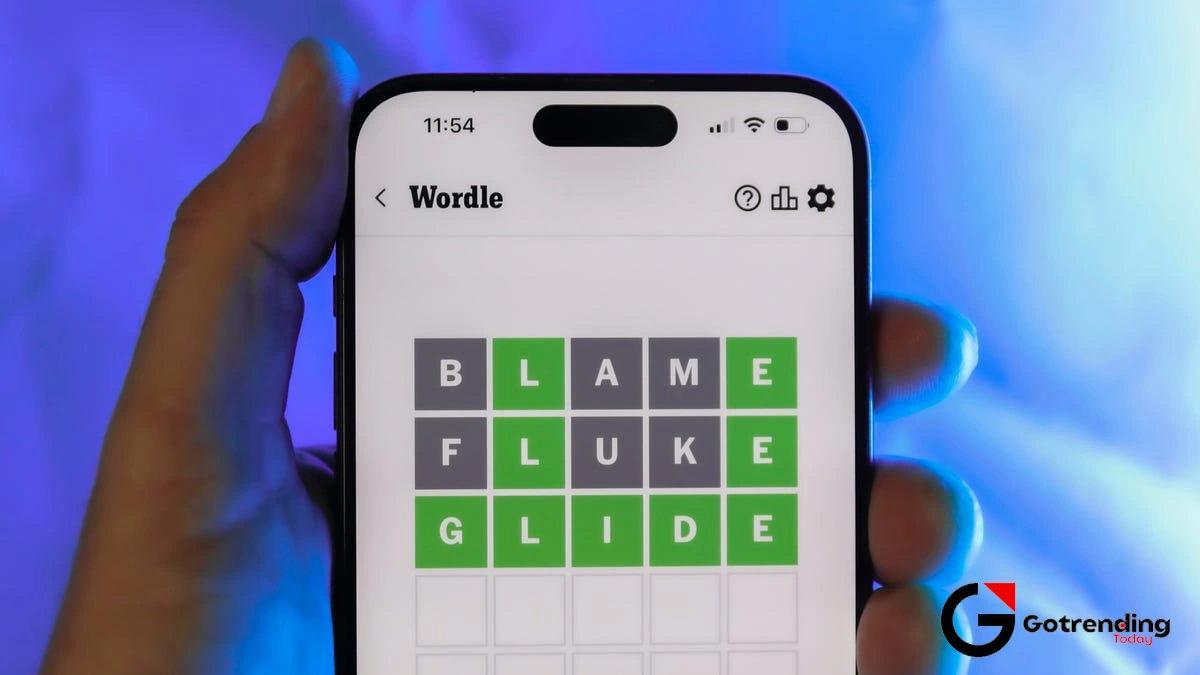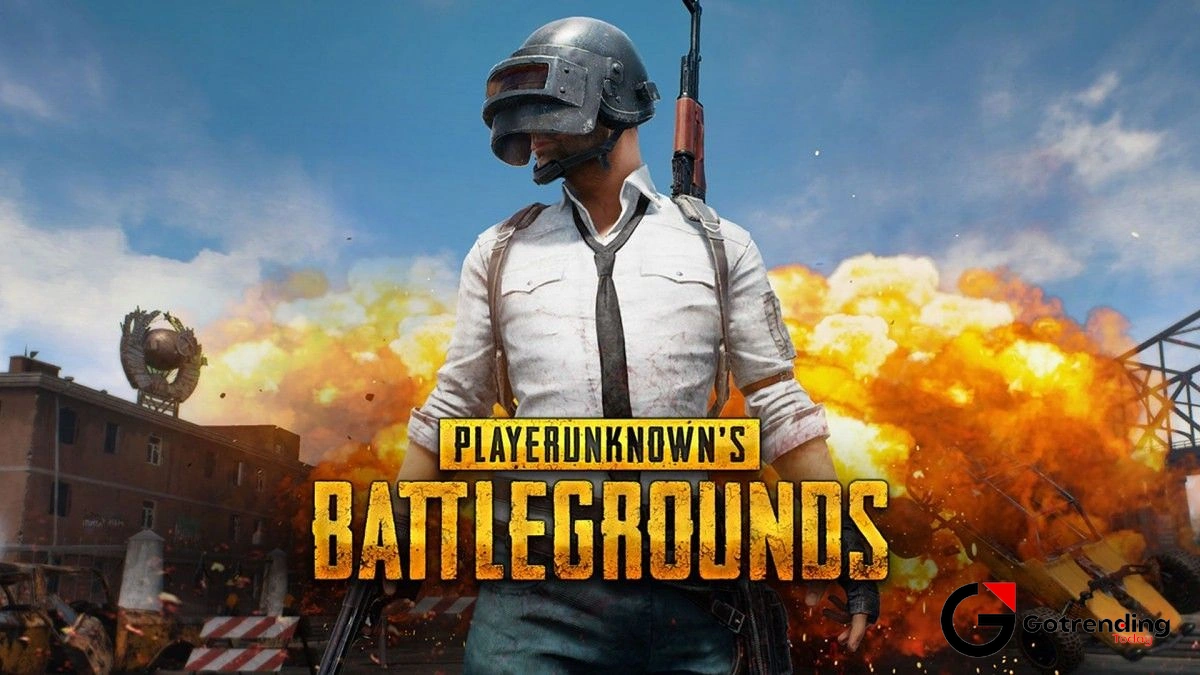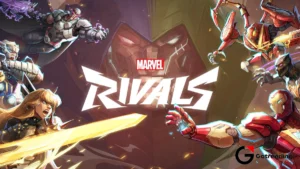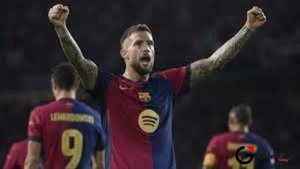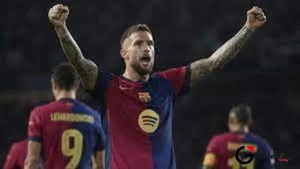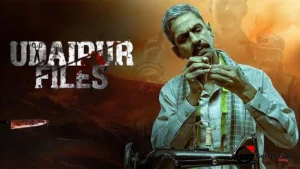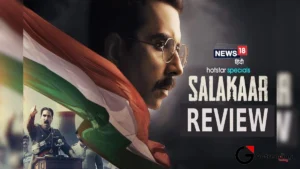What Happened to Marvel? An Honest Look at the MCU’s Mid-Life Crisis
Remember the feeling? Sitting in a packed theatre in 2019. The lights dim. The first notes of Alan Silvestri’s score begin to swell. On screen, a battered Captain America stands alone against Thanos and his entire army. It looks hopeless. And then, a crackle in his earpiece. “On your left.”
The collective, audible gasp that swept through that cinema is a feeling I’ll never forget. It was more than a movie; it was a cultural lightning strike, the culmination of eleven years and 22 films of shared experience. We earned that moment, together. We had done the homework, we had followed the journey, and the payoff was biblical.
Now, let’s be honest. When was the last time a Marvel project made you feel that way?
For many of us, the feeling has changed. The excitement has been replaced by a sense of obligation. The cinematic universe has become cinematic homework. The once-unmissable post-credit scene now often elicits more of a shrug than a gasp. So, sitting here, stirring my coffee, the question that hangs in the air is a heavy one: How did we get from the triumph of Endgame to the widespread feeling of… well, exhaustion? What really happened to Marvel?
The ‘Endgame’ Hangover | Why the Biggest Win Was Also a Creative Trap
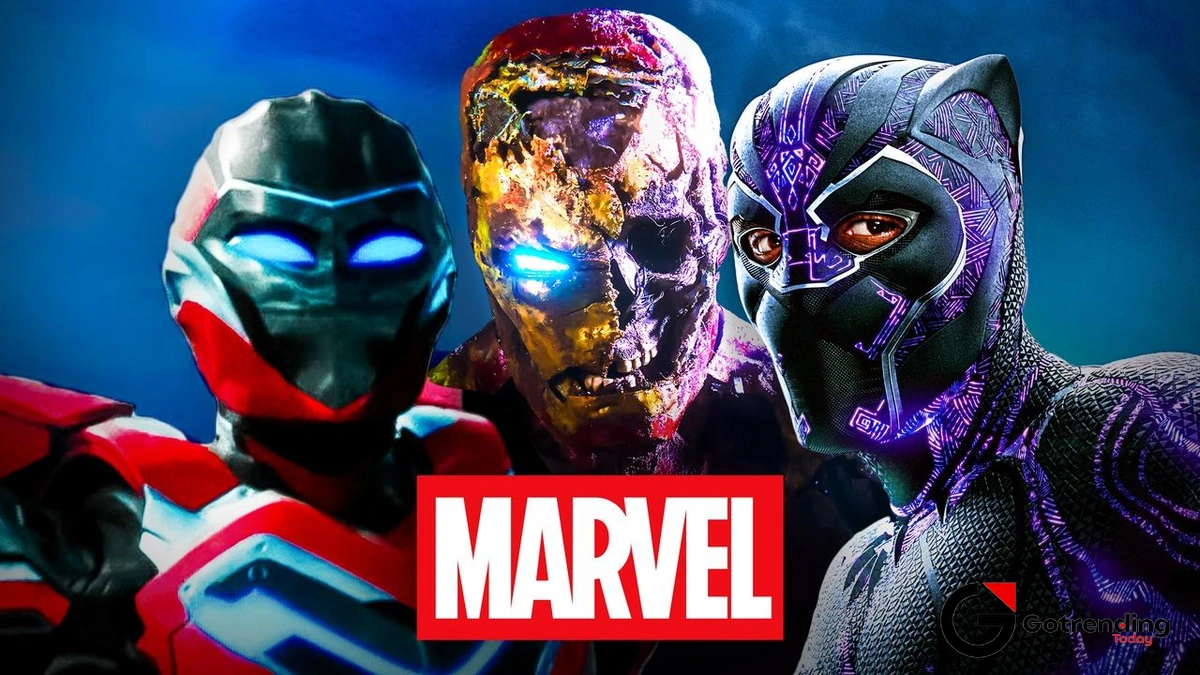
Here’s the thing about a perfect ending: it’s an ending. Avengers: Endgame was the grand finale we all deserved. It beautifully and heartbreakingly concluded the arcs of our foundational heroes Tony Stark and Steve Rogers. It was a mic drop so powerful, the silence that followed was deafening.
And that’s the first piece of the puzzle. The victory was so total, so emotionally resonant, that it created an impossible act to follow. The central pillar of the entire saga, Robert Downey Jr.’s Iron Man, was gone. The moral compass, Chris Evans’ Captain America, had retired. The original six Avengers were scattered, their chemistry the very heart of the franchise dissolved.
I initially thought the Multiverse was a brilliant solution. A concept so vast it could easily eclipse the threat of Thanos. But then I realized the trap. Thanos was simple. He was a big, purple guy who wanted to snap his fingers. His goal was clear, his threat tangible. The Multiverse, on the other hand, is an abstract, high-concept idea that, frankly, can be confusing. It involves variants, incursions, and timelines that make your head spin. For the casual fan who just wants to see a hero punch a villain, it’s a lot to ask.
The emotional anchor was gone, replaced by a cerebral, often messy, cosmic concept. This fundamentally changed the viewing experience and the overall MCU timeline , making it harder to connect with the stakes.
The Disney+ Dilemma | When More Became So Much Less
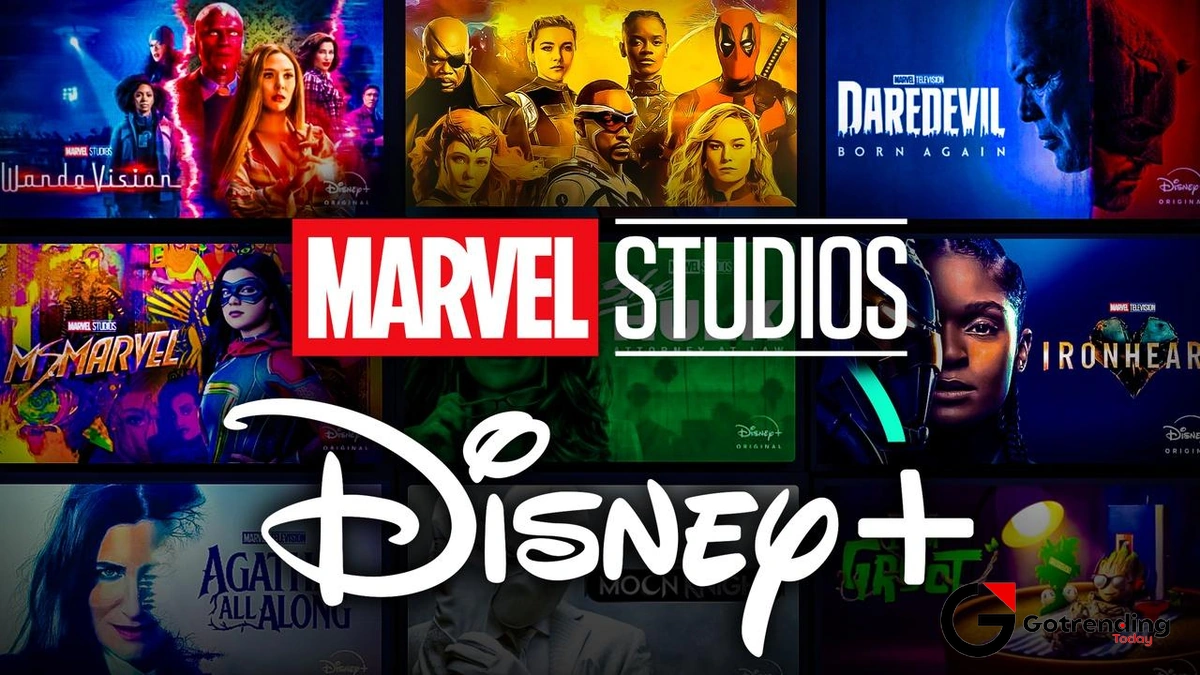
When Disney+ launched and promised a slate of high-budget Marvel series, I was ecstatic. WandaVision felt like a breath of fresh, weird air. But then the floodgates opened. The Falcon and the Winter Soldier. Loki. What If…?. Hawkeye. Moon Knight. Ms. Marvel. She-Hulk.
Suddenly, Marvel wasn’t a twice-a-year event. It was a constant, relentless stream of content. And what fascinating me is how quickly that firehose of content turned excitement into a chore. To understand Doctor Strange in the Multiverse of Madness, you really needed to have watched WandaVision . To grasp the stakes of The Marvels, you needed to have seen not just Captain Marvel but also WandaVision and Ms. Marvel.
This broke the golden rule of Marvel’s initial success. In Phase 1, you could watch Iron Man and enjoy it as a complete story. You could watch Thor without having seen anything else. The connections were a bonus for the dedicated, not a requirement for the casual. Marvel Phase 5 and late Phase 4 made the bonus material mandatory, and in doing so, they erected a massive barrier to entry. The brand became diluted. When everything is an event, nothing is.
Beyond ‘Superhero Fatigue’ | The Real Cracks in the Armour
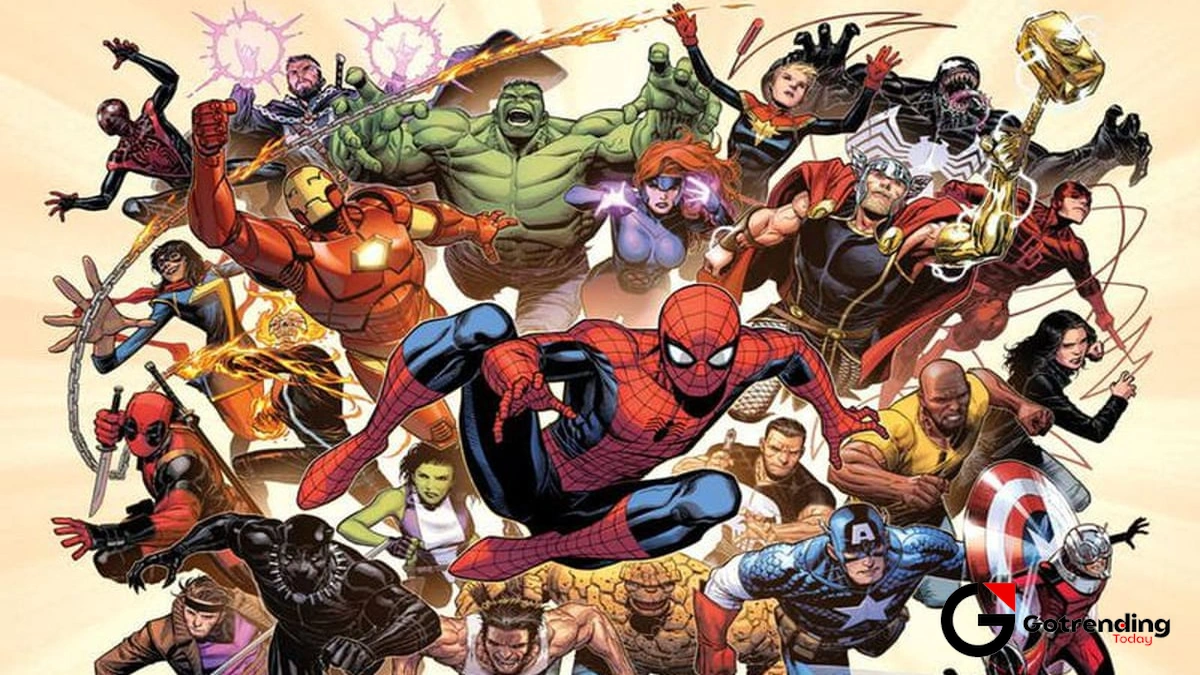
It’s easy to chalk all this up to ” superhero fatigue .” It’s a neat, tidy explanation. But I think it’s lazy. It’s not that we’re tired of superheroes; it’s that we’re tired of mediocre superhero stories. Look at the success of things like Spider-Man: Across the Spider-Verse or Amazon’s The Boys . The appetite is still there. The problem with Marvel is more specific.
Let’s talk about the cracks that have started to show:
- The VFX Crisis: For years, Marvel was the gold standard. But there’s been a noticeable decline. Reports from VFX artists describe impossible deadlines and immense pressure, and it’s showing up on screen. The shoddy CGI in some scenes of Ant-Man and the Wasp: Quantumania is a world away from the visual splendour of Infinity War. This isn’t just an industry issue; it’s a quality control problem that breaks the audience’s immersion.
- Inconsistent Storytelling: The magic of early Marvel, guided by the steady hand of Kevin Feige, was its incredible consistency. Now, the quality is all over the place. For every universally praised gem like Guardians of the Galaxy Vol. 3, there’s a narratively messy film like Thor: Love and Thunder or a box office disappointment like The Marvels. The once-reliable Marvel seal of quality has begun to tarnish.
- The Kang Conundrum: Jonathan Majors’ Kang the Conqueror was positioned as the next Thanos. A terrifying, multiverse-hopping threat. However, due to the actor’s serious real-life legal issues and subsequent firing, the entire Multiverse Saga has been thrown into disarray. It’s an unprecedented narrative crisis that forces a massive, and likely expensive, pivot.
This isn’t just fatigue. It’s a combination of over-expansion, a dip in quality control, and a dose of plain bad luck. If you’re looking for an answer to what happened to Marvel , it’s right there.
So, Is Marvel Doomed? (Spoiler | Not a Chance)
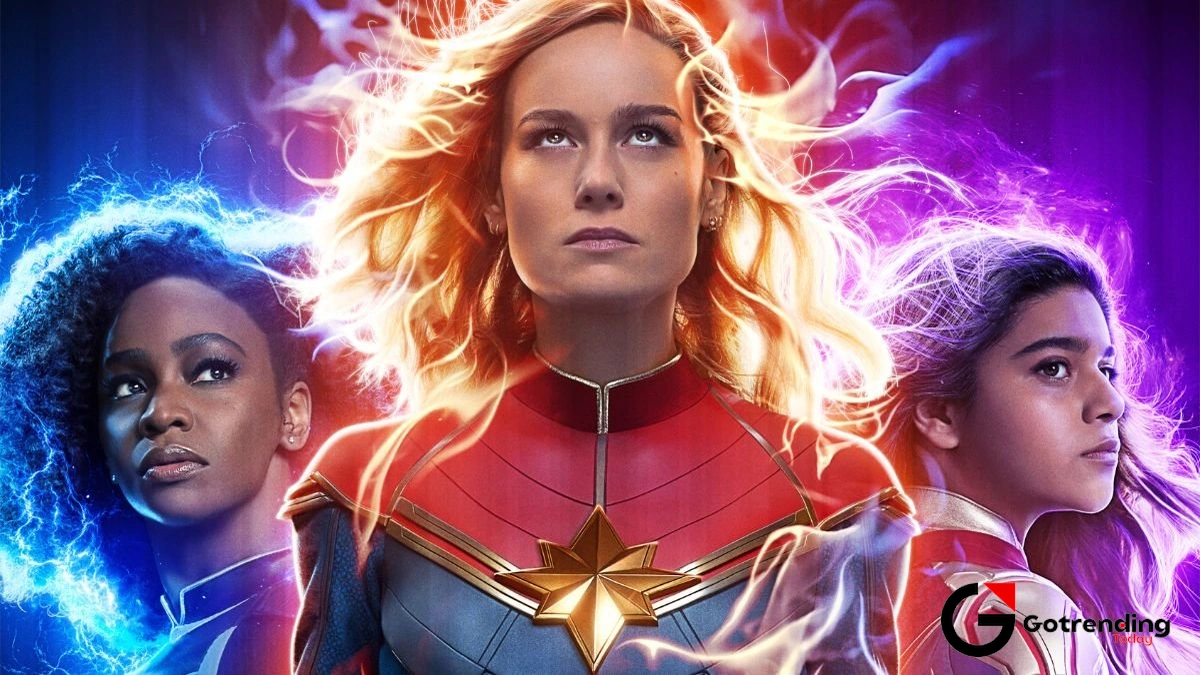
After all that, it sounds pretty bleak, doesn’t it? But here’s the optimistic part of me, the fan who still gets chills thinking about that Endgame portal scene. I don’t think Marvel is doomed. I think it’s just going through a very public and very awkward mid-life crisis.
There are signs of a course correction. Disney CEO Bob Iger has publicly stated they are scaling back on the quantity of Marvel content to refocus on quality. That is music to my ears. It shows they understand the problem isn’t the characters; it’s the strategy.
And look at what’s on the horizon. The lineup of future Marvel movies holds some serious trump cards. Deadpool & Wolverine is poised to shatter box office records by bringing two massively beloved Fox characters into the MCU fold. The upcoming Fantastic Four film is being helmed by the director of WandaVision . And somewhere, out there, the X-Men are waiting. These aren’t just new stories; they are cultural resets waiting to happen, much like playing a new game after a long break can feel refreshing, as described in this review of a popular game .
The path forward for Marvel is about getting back to basics: focus on character, prioritize quality over quantity, and make movies feel like unmissable events again. Stop the homework. Recapture the magic. Perhaps they could take inspiration from the focused fun of other entertainment, like the updates in games mentioned here .
It’s okay to feel a bit disconnected right now. It doesn’t mean you’re no longer a fan. It just means the relationship has changed, and Marvel needs to work to win back that unconditional trust. The magic isn’t gone forever. I have to believe it’s just dormant, waiting for the right story and the right moment to assemble once more and remind us all why we fell in love with this universe in the first place.
Frequently Asked Questions About Marvel’s Future
What should I watch to get back into the MCU?
If you’re feeling overwhelmed, my advice is to skip the “required viewing” mindset. Watch what genuinely interests you. Guardians of the Galaxy Vol. 3 is a fantastic, emotional, and self-contained story. Loki (Seasons 1 & 2) is arguably the best-written project of the entire post-Endgame era and explains the Multiverse well.
Is the Multiverse Saga a failure?
It’s not a failure yet, but it’s definitely in trouble. The concept is strong, but the execution has been messy and the loss of its central villain is a massive blow. Marvel’s ability to pivot and find a new, compelling threat will determine its ultimate success or failure.
Do I really need to watch all the Disney+ shows?
Absolutely not. That way lies madness and burnout. Pick and choose based on characters you like. If a movie references a show you haven’t seen, a quick 5-minute recap on YouTube is all you need. Don’t let it feel like homework.
Are the X-Men and Fantastic Four officially in the MCU now?
Not yet, but they are coming. Deadpool & Wolverine will be the first official integration of a major character from the Fox universe. The Fantastic Four movie is scheduled for 2025 and will be a full MCU production. The broader X-Men team will follow after that. As per the officialMarvel movies page, these are highly anticipated.
Why did ‘The Marvels’ perform so poorly at the box office?
It was a perfect storm of issues: a story that relied heavily on viewers having seen three different Disney+ series, a marketing campaign that struggled to convey the film’s fun tone, and the general brand fatigue discussed above. It became the unfortunate poster child for Marvel’s current struggles.
What are the most anticipated future Marvel movies?
Besides the ones mentioned, fans are eagerly awaiting the next Avengers films (though their plots are now in flux), a new Blade movie starring Mahershala Ali, and of course, the eventual debut of the full X-Men roster within the MCU.
